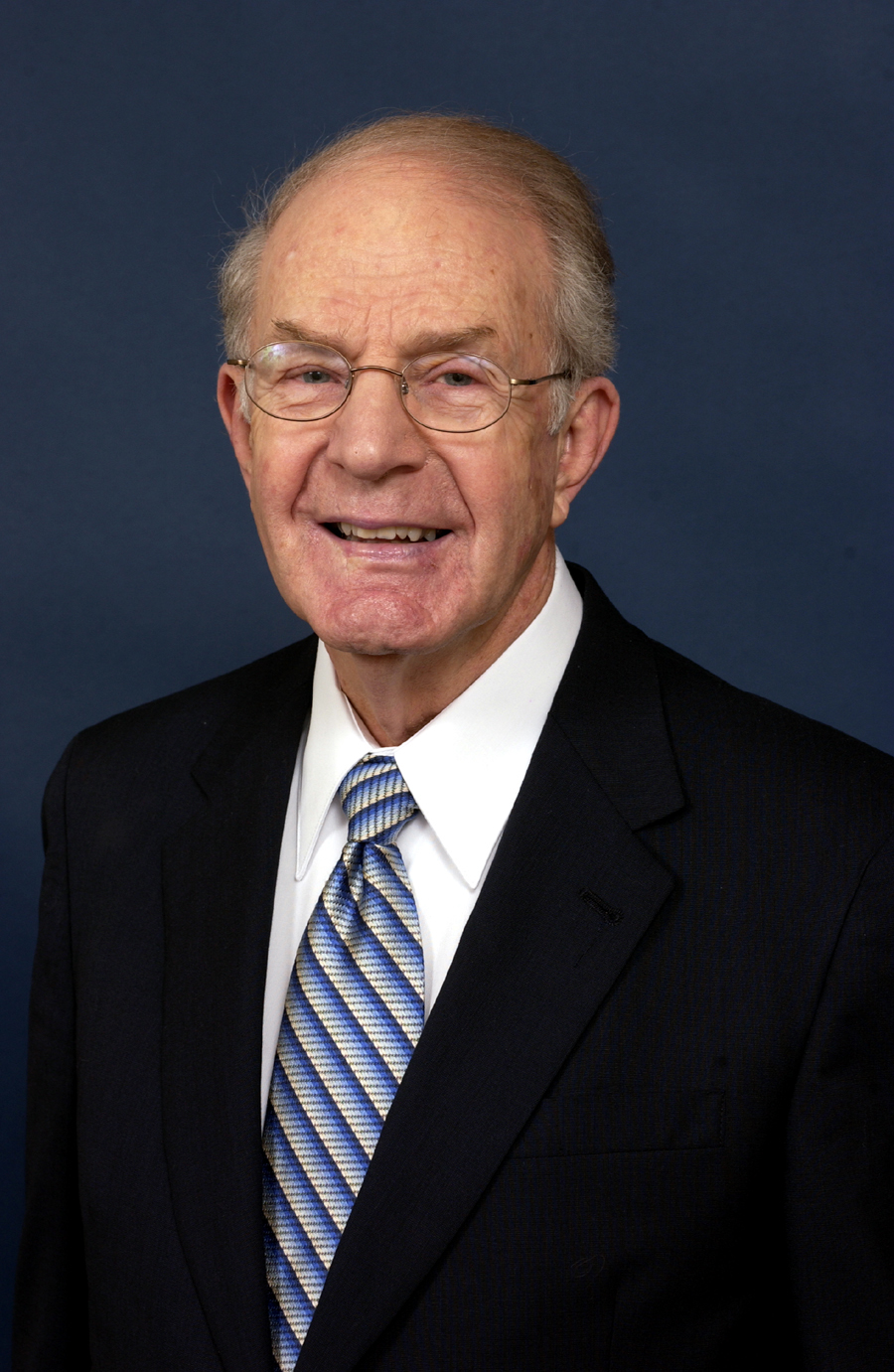
ALPHARETTA, Ga. (BP)–When I was a boy growing up in Arkansas, the world seemed so much bigger than it is today. That was before we took for granted the ability to step onto a plane in the morning and arrive across country or across the ocean in a matter of hours. It also predated satellite and Internet communications that today give us the means to instantly transfer video, voice and just about any other kind of data in which we may be interested.
Another change is the amazing transformation taking place in the people landscape of North America. We no longer need to travel far at all to encounter significant numbers of Asians, Latin Americans, Eastern Europeans and a whole host of other ethnic and nationality groups because they have relocated to our shores, now calling North America home or staying for extended periods for work or education.
These realities make it truer today than ever before that what we do in North America has a direct impact on the international mission field. We need to look at the new faces and cultures around us and see the potential for influence that lies far beyond our continent.
I’m concerned about stories I hear of international students who arrive in the United States with a suitcase full of gifts to give to American hosts they expect will invite them to their homes only to return home four or five years later never having the opportunity to give their gifts to anyone.
And it goes far beyond students. There are an estimated 36 million foreign-born citizens living in the United States today. Have you befriended any of them? Is your church reaching out to them? If the answer is no, then you’re not only missing out on opportunities to share the Gospel and forge friendships, you’re adding to what I fear might be a growing impression among ethnics and foreign-born immigrants that Americans just don’t care about other people.
The news is by no means all bad. Of the 1,725 churches Southern Baptists started in 2005, 48 percent were either African American or ethnic congregations. We are a denomination committed to reaching across racial, ethnic and cultural lines with the Gospel and we are proving that by the way we invest our mission dollars.
But the way we treat our newest citizens and visitors will have a direct impact on how our brothers and sisters at the International Mission Board are welcomed around the world when they endeavor to begin new works in communities in need of the Gospel. Imagine the difference if an international visitor returns home after time in North America having been welcomed by Christians, loved by them and even led to a faith in Christ. That visitor will go home excited about the opportunity to work with Christians who want to bring Christ to his or her homeland. They may even choose to lead the work themselves.
Of course, those foreign-born immigrants who remain here stay closely connected with friends and family back in their homeland. Imagine if one is loved and accepted by a local Southern Baptist church. Don’t you think they’d have a much more positive reaction if they heard about a new Southern Baptist mission taking shape near loved ones back in their homeland? You bet they would.
So the next time you or your church plans an outreach event or evangelistic endeavor, look for the opportunities to reach the newest members of your community who bring with them a door to another part of the world. You’ll change lives in your hometown, and you just might change some across the globe.
–30–
Roy Fish is interim president of the North American Mission Board and serves as distinguished professor of evangelism at Southwestern Baptist Theological Seminary in Fort Worth, Texas, where he has taught evangelism for more than 41 years.















